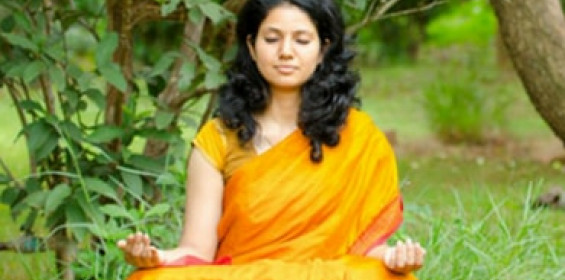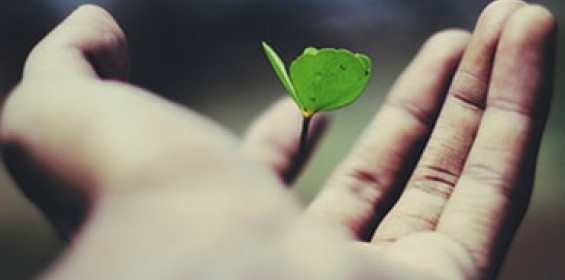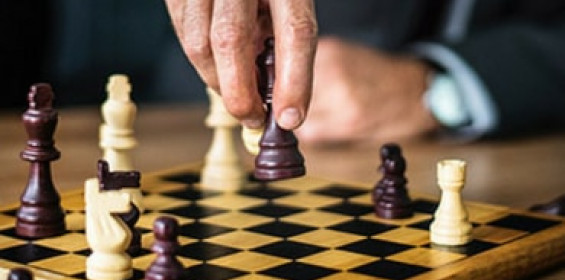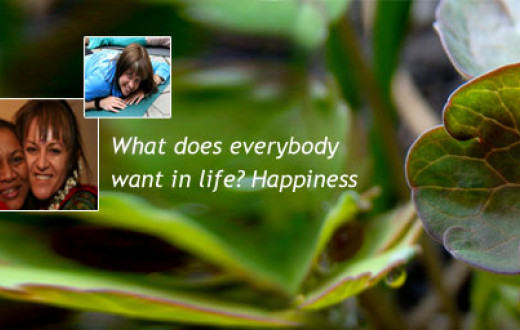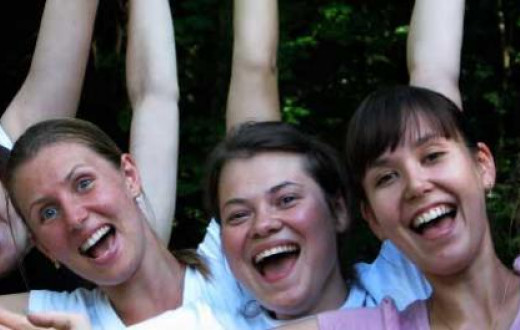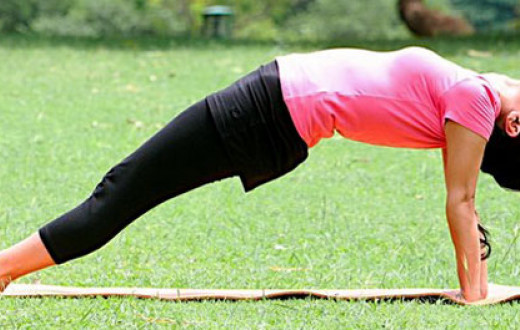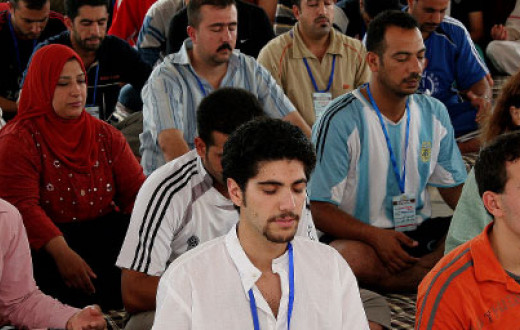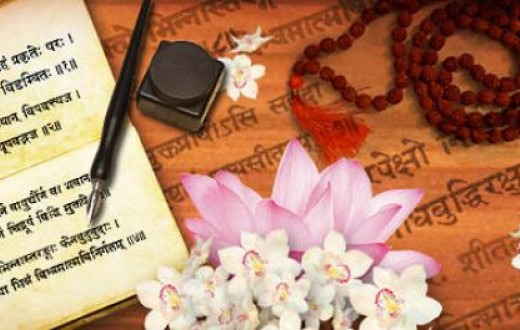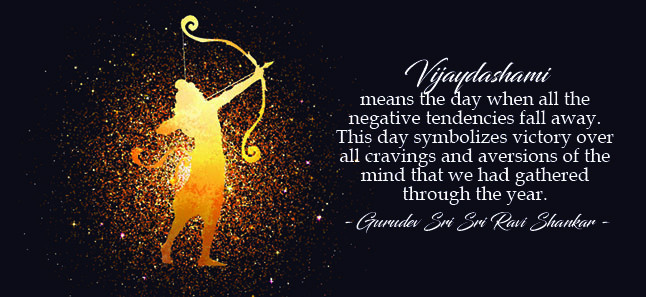
Today, the festival of Vijaydashami (Dussehra) is being celebrated everywhere in the country. Everywhere the idols of Ravana are being burnt.
Ravana is symbolic of the ego. Ego does not have just one face, it has 10 faces (here representing the aspects or causes of ego). One who is egoistic thinks himself to be superior to others. When a person thinks too highly of himself, he stops caring about others. Such a person becomes insensitive and rigid. When a person loses his sensitivity, then the entire society has to suffer its ill-effects.
One may become egoistic because of position or status, wealth, or talent. If nothing else, it may arise because of negativity and ill will. One who becomes full of negativity also behaves like an arrogant person. He loses awareness. So this creates different kinds of mental imbalance due to which a person becomes miserable and also spreads misery and trouble to all around him.
Ravana is symbolic of the ego. Ego does not have just one face, it has 10 faces.
Lord Rama is the symbol of Atma jnana (Self-knowledge); He represents the Soul. Lord Rama represents both – the Self and Self-knowledge. When Self-knowledge (Lord Rama) dawns within a person, then the Ravana within (meaning ego and all negativity) gets destroyed completely.
Ravana can only be destroyed and overcome by the Ram-baan (an arrow named after Lord Rama, meaning an arrow that never misses its mark). It means that only by Self-knowledge can one gain victory over all kinds of negativity and distortions of the mind.
How can one gain access to Self-knowledge?
One can kindle Self-knowledge by Vishrama – that is by going into deep rest, and quieting the mind. It is said, “Vishrama mein Ram” (Lord Rama can be experienced only in deep rest when one reposes in the Self).
All the distortions and disturbances we see in society today are because of a lack of Self-knowledge and spirituality. Today one does not give deep thought on questions such as 'Who am I?', 'What is my true purpose in life?', and 'What do I really need in life?'
The moment these questions arise in a person’s mind, that very moment all misery and negative tendencies disappear in life.
During the first nine days of Navratri, we celebrate, honour and worship the Mother Divine in all her forms and glories. The tenth day is celebrated as Vijaydashami – meaning the day of victory. Vijaydashami means the day when all the distortions of the mind and negative tendencies fall away. This day symbolizes victory over all cravings and aversions of the mind that we had gathered through the year. On this day, we symbolically let the fire of knowledge burn away all the negativity, and we offer it all to the sacred fire in the form of Aahuti (literally meaning a sacred offering to the holy fire). By doing so, all distortions disappear and we start to blossom from deep within. Intense joy gets kindled within us, and this benefits not only us but the entire society as well.
On the day of Vijaydashami, we let the fire of knowledge burn away all the negativity.
Everyone should get engaged in some service activities. I would also give importance to educating the girl child. As parents, you should impart moral and noble virtues to your daughters. We all must strive to maintain the equal status and importance that women were given in this country since the ages. This is very important. Somewhere along the way, we have forgotten this, and started following the wrong orthodox practices which were being followed in other countries during the Middle Ages.
Despite this we have states like Tripura, Kerala, etc., which have continued to uphold the equal status and dignity of women, and till today follow a matriarchal form of family and society. Societies in these Indian states continue to be women-centric. It is the lady who is considered as the head of the household. I have heard that even in Manipur this system is followed in some places. I would say that throughout our country we should ensure that both men and women have equal rights in all spheres of life. Both men and women should be treated equally in all respects.
You all must have seen that whenever the yajnas (sacred fire sacrifice) were being performed during the Pujas, the lady of the house also participates during the Purnahuti (the final or great offering to the holy fire marking the end of a Yajna ritual). All the Ahutis (offerings) that were offered during a Yajna necessarily need to be done by a married couple, and in that too the wife stands first before the husband as the offering is made. The custom that is followed is that - along with the husband, the wife must necessarily touch the final offering with her hands as it is offered into the fire, otherwise the Vedic pundits and priests do not consider the Purnahuti as complete and having reached the Deities. This has been the tradition of these rituals since the ages - they observe and give equal importance to women in every way.
Unfortunately today, this tradition and practice has been forgotten; or in many places has been confined to the pages of holy scriptures only. In society today, women are not getting the equal share of rights that they truly deserve.
See, equal rights does not mean that a lady should give up her share of duties or responsibilities in the house and the family; or dictate unfair terms to the husband. She should not suddenly say to the husband “From now on, you will do the dishes and not me!” One must do what one needs to do. You must attend to your duties and responsibilities. So women too should continue doing what they are doing (in the family household), but at the same time, they should be treated equally and fairly in all aspects. This is the need of the hour.







